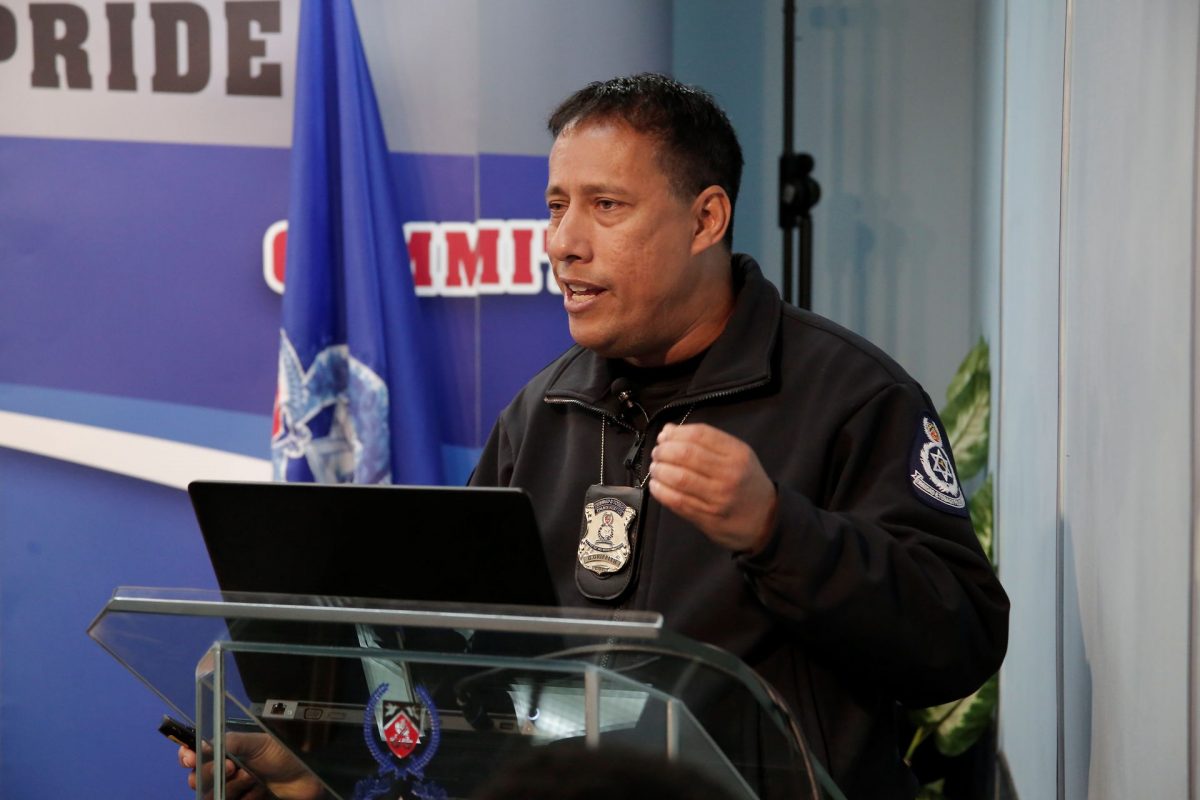(Trinidad Newsday) A war of words has intensified between the police and the magistracy with Police Commissioner Gary Griffith directly calling on a magistrate to not bully his officers, and the magistrate accusing policemen of pedalling misinformation about the courts.
Griffith’s latest salvo comes in a release this weekend in which he claims a magistrate, Aden Stroude, is picking a “cat fight” with the police.
The CoP’s ire arises from an article published in Newsday under the headline, PoS Magistrate scolds police for blaming courts. The magistrate was angered by policemen who were claiming that the judicial officers were not in court to deal with their matters.
Stroude’s concerns stemmed from an excuse allegedly made by police, on Tuesday, as to why Valsayn businessman Emile Sanowar did not appear before a magistrate, although he was taken to court that day.
The magistrate also took issue with statements, again allegedly made by police, that Sanowar was turned away because the computerised system, to run a criminal background tracing at the court, was down. He asked since when tracing is done at the court.
Stroude is the magistrate who granted bail to an accused charged recently with possession of nine AR15 assault rifles. Griffith publicly chastised the decision which triggered the Attorney General to propose amendments to the Bail Act.
In his media release on Saturday, Griffith said he received numerous reports from police being “verbally abused by this judicial officer”. “The commissioner believes this is not coincidental, given that he would have appealed to authorities to reconsider minimal bail clause, after someone who was charged with possession of nine assault rifles and magazine, which have the capacity to kill hundreds of innocent persons, was able to easily access bail when the accused appeared before this said judicial officer on the first hearing clearly not considering the seriousness of the offences alleged.”
Griffith added that it is impractical for police officers to put their lives on the line and apprehend criminal elements who have intentions to kill dozens of persons, but when these matters reach the court, the rights of these individuals to be free and back on street, seems to supersede the rights of other citizens not to be killed.
“The judiciary and police must work together to effectively treat with matters of crime and criminal activity. Unlike judicial officers, many of whom keep demanding 24/7 police security, the average citizen is not entitled to such a privilege, so the least that law enforcement and judicial officers can do, is to consider the welfare and safety of the general public when discharging their functions, particularly in respect of the grant of bail.”
Griffith said that the police will continue to do their part in detecting crime, apprehending lawbreakers, and assisting the indefensible persons in our country, but is again calling on judicial officers to do their part in the fight against crime.






